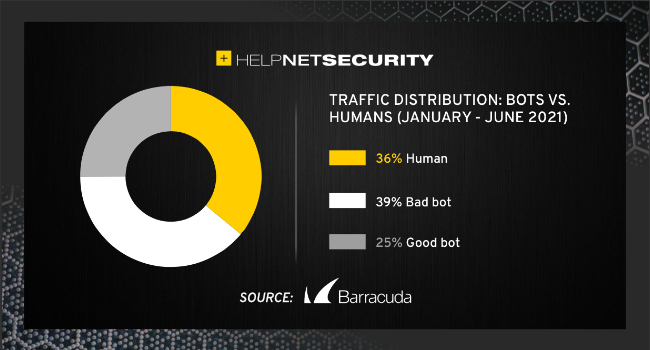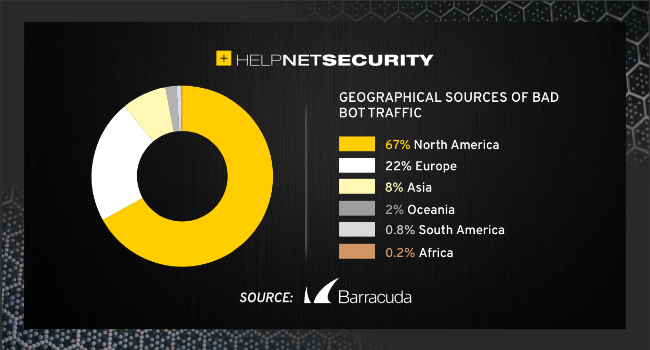Virgin Media just won’t take no for an answer, NFT apes, and bad optics • Graham Cluley

After a brief discussion of the Log4Shell vulnerability panic, we discuss how Virgin Media has got itself into hot water, a fat-fingered fumble at the Bored Ape Yacht Club, and how to hack around your girlfriend’s facial recognition.
All this and more is discussed in the latest edition of the award-winning “Smashing Security” podcast by computer security veterans Graham Cluley and Carole Theriault, joined this week by Mark Stockley.
Hosts:
Graham Cluley – @gcluley
Carole Theriault – @caroletheriault
Guest:
Mark Stockley – @markstockley
Show notes:
Sponsor: 1Password
The first annual 1Password “State of Access” benchmark study illuminates the grave dangers unwittingly posed by checked-out, apathetic employees — including security professionals.
Burned-out employees are 3 times more likely to say security rules and policies “aren’t worth the hassle,” and nearly half of burned-out security professionals say it’s unrealistic for companies to be aware of and manage all apps and devices that employees use.
Read the report and find out what you can do at 1password.com/resources
Sponsor: Uptycs
Uptycs is a cloud-native security analytics platform built to protect the modern attack surface.
Uptycs zeros in on the blind spots that are preventing you from rapidly identifying and responding to existing threats and vulnerabilities in your ecosystem.
Uptycs normalizes telemetry from across macOS, Linux, Windows, and containers; records system activity for historical investigation even when no alert has fired; and enables you to build complex custom detections in addition to its industry-leading MITRE ATT&CK mapping.
Uptycs provides observability across both cloud workloads and endpoints in a single centralized platform.
Find out more and try it for free at uptycs.com
Follow the show:
Follow the show on Twitter at @SmashinSecurity, on the Smashing Security subreddit, or visit our website for more episodes.
Remember: Subscribe on Apple Podcasts, or your favourite podcast app, to catch all of the episodes as they go live. Thanks for listening!
Warning: This podcast may contain nuts, adult themes, and rude language.
Found this article interesting? Follow…




